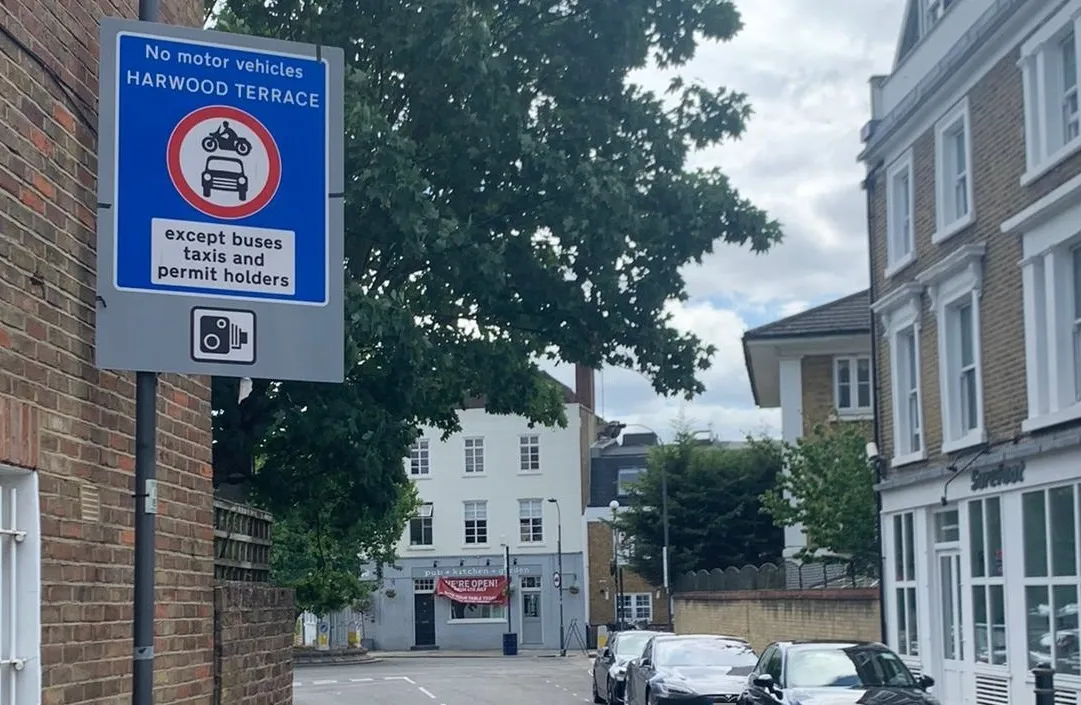According to a study carried out by Santiago’s metropolitan transport department DTP Transantiago, the mass transport system operating in the Chilean capital has increased the number of buses operating and has improved frequency indicators in the last year.
All seven companies operating different corridors within Santiago put more buses on the streets and exceeded the 90 per cent ratio set as the minimum to comply with regulations in the last three months of 2013 compared to the same period of 2012. Metb
February 20, 2014
Read time: 2 mins
According to a study carried out by Santiago’s metropolitan transport department DTP 5348 Transantiago, the mass transport system operating in the Chilean capital has increased the number of buses operating and has improved frequency indicators in the last year.
All seven companies operating different corridors within Santiago put more buses on the streets and exceeded the 90 per cent ratio set as the minimum to comply with regulations in the last three months of 2013 compared to the same period of 2012. Metbus was the top operator performance at 99.1 per cent, while Alsacia came last with 92.4 per cent.
All seven companies improved in frequency, with STP as the most regular bus operator, with a 90.4 per cent ratio. Alsacia was still below the 80 per cent minimum ratio required, at 77 per cent. Concessionaire Express, which a year ago was below the 88 per cent threshold, has now met the minimum target.
Transantiago was introduced in 2007 to improve public transportation by lowering the number of buses and optimising routes, but implementation was rushed, and changes in the seven years since it was introduced have been unable to solve what were initially seen as teething problems. The system has needed constant public funding, and over the past six years the government has injected over US$10bn to keep the system going.
All seven companies operating different corridors within Santiago put more buses on the streets and exceeded the 90 per cent ratio set as the minimum to comply with regulations in the last three months of 2013 compared to the same period of 2012. Metbus was the top operator performance at 99.1 per cent, while Alsacia came last with 92.4 per cent.
All seven companies improved in frequency, with STP as the most regular bus operator, with a 90.4 per cent ratio. Alsacia was still below the 80 per cent minimum ratio required, at 77 per cent. Concessionaire Express, which a year ago was below the 88 per cent threshold, has now met the minimum target.
Transantiago was introduced in 2007 to improve public transportation by lowering the number of buses and optimising routes, but implementation was rushed, and changes in the seven years since it was introduced have been unable to solve what were initially seen as teething problems. The system has needed constant public funding, and over the past six years the government has injected over US$10bn to keep the system going.









